
Once the trading centre of the various commercial products located 60km from Jalpaiguri at an altitude of 88mt, Falakata is a town situated in Jalpaiguri district of West Bengal. In the olden times Falakata used to trade products and artifacts with the Greeks between the 1st and 2nd century B.C. until the end of 3rd century A.D. along the banks of the Hooghly River.
Falakata became one of the most important military and center of operation during the British Raj. There are any historic events which took place in Falakata during the 19th century. One of the most prominent events being the Sepoy mutiny, the British hanged sentenced an entire regiment to death. After the independence Falakata was under the administration of the West Bengal state and the localities were known as Bengali. Falakata is the melting pot for different religion people living in or around the area. Falakata not only an important historical essence in it but it is also act as a bridge for many picturesque locations. Falakata is located between Suntalekhola, Jaldapara, Cooch-Behar and Rajabhatkhawa. Situated at 85km away from New Jalpaiguri Falakata is also the access point to many tea plantation areas of the Dooars region and west Bengal hill. With the touch of history it also has many places to explore nearby like Neora Valley National Park, Chilapata Forest, Totopara, Siddhant Shiva Temple a scared place showing the great sculpting of the year 1843. Due to its geographical structure the best time to visit Falakata is from November to February when the weather is soothing and can leave the visitors rejuvenated.
Amble in the town which still has the reminisces of past era, Falakata is an ideal place to visit for the travelers who loves to know about the historical significance and as well as Falakata can also be the base for the adventure seeker who wants to explore the Dooars region which is famous for its natural beauty and trekking route through the dense forest area.
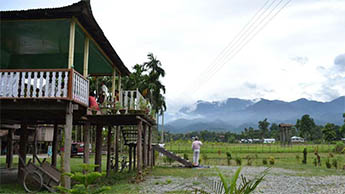
Located on the edge of Buxa Forest is a quaint forest village along the River Jayanti. Jayanti River forms a natural border with
View Details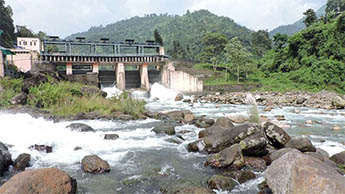
At an altitude of 1500ft and 99km away from Siliguri a river valley along Jaldhaka River has become a prospective tourist
View Details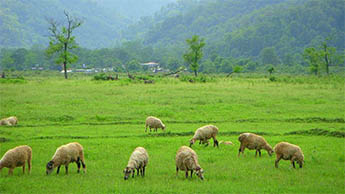
Located 45min away from Siliguri along the roaring River Teesta is a quaint village Mongpong. It is often considered as
View Details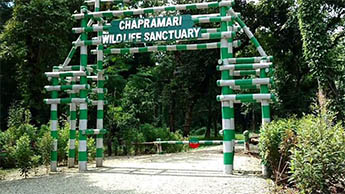
Located 60km from NJP and known for its elephant population, Chapramari is a forest in Dooars Region. Gorumara National Park home
View Details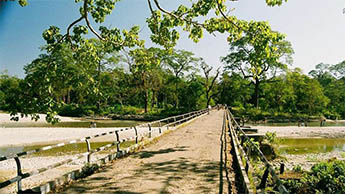
A small picturesque village named Murti is situated along the bank of River Murti. River Murti originates from
View Details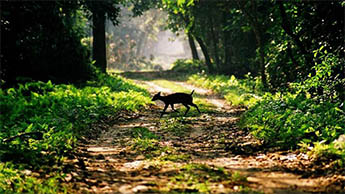
Chilapata is a dense jungle near the Jaldapara Wildlife Sanctuary at Jalpaiguri District
View Details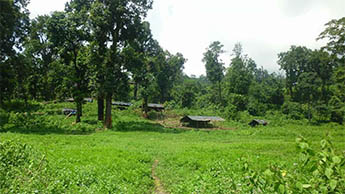
Perched at the hilltop in the Buxa Tiger Reserve is a picturesque village of Drukpa, Lepchakha Village.
View Details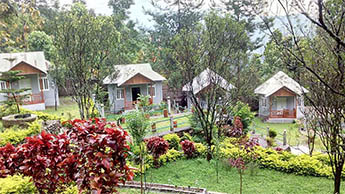
A small village located at the western side of the Dooars overlooking Jaldhaka River and Bhutan, Paren
View Details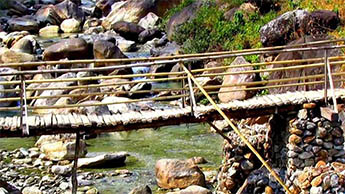
Travel through the less travelled path in Dooars region and set yourself free from the tedious monotonous lifestyle by visiting
View Details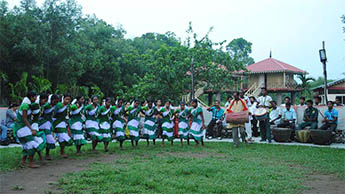
Located at the fringe of the Gorumara National Park home of Asiatic one horned Rhino, Lataguri is a quaint village in the Jalpaiguri District
View Details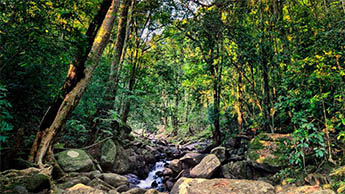
Located 80km from Jalpaiguri, Madarihat is a small town located in the Alipurduar District. Madarihat is situated at the vicinity
View Details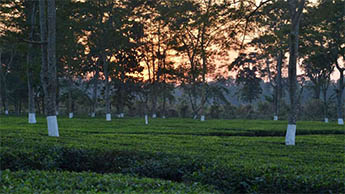
Travel through the less travelled path in Dooars region and set yourself free from the tedious monotonous lifestyle by visiting
View Details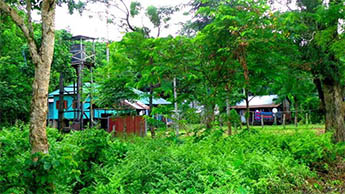
Located 20km away from Alipurduar and 18km from Hasimara, Mendabari is a new found gem added to the list of offbeat destination
View Details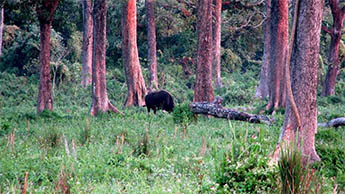
Located 15km from Madarihat, it is a small town located in the Alipurduar District South Khayerbari is the safe haven for
View Details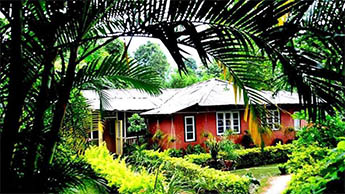
Perched at the hilltop in the Neora Valley National Park are two picturesque hamlets named Todey and Tangta which was famous for
View Details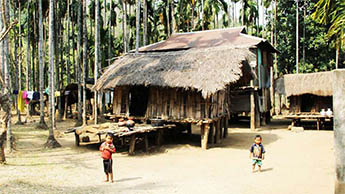
At the foothills of Bhutanese Himalayas is a small but growing town Dhupguri in Jalpaiguri district.
View Details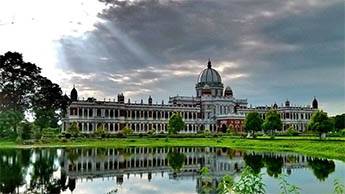
Situated at the foothills of the Eastern Himalayas lies Coochbehar, Coochbehar is the biggest and the only planned city
View Details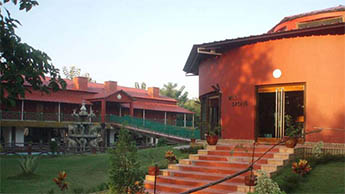
Once the trading centre of the various commercial products located 60km from Jalpaiguri at an altitude of 88mt
View Details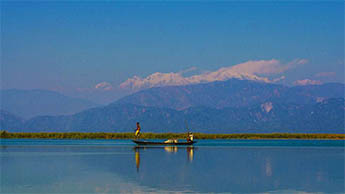
A small village on the western side of the roaring Teesta River, Gajoldoba located 10km from Siliguri .
View Details
A midsized town located 48km from Siliguri is becoming the new upcoming tourist destination, Oodlabari a small
View Details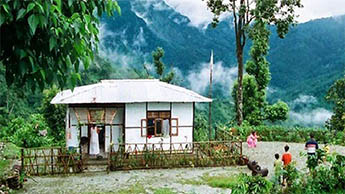
Located 40km from Siliguri is a quaint village Bagrakote 4km away from Oodlabari under Malbazar Sub-division under Jalpaiguri
View Details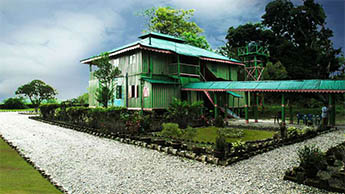
Situated at the lower foothill of the Himalayan in North Bengal boarding with Bangladesh, Bhutan and North India State is Jalpaiguri
View Details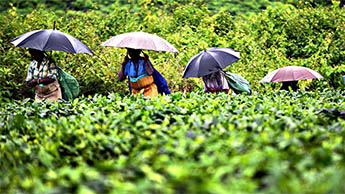
Located 56km from Jalpaiguri at an altitude of 218mt is a cantonment town, Binnaguri at the Jalpaiguri District in West Bengal
View Details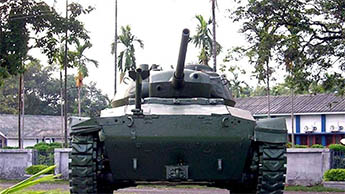
A picturesque town in Alipurduar District located 85km from Jalpaiguri, Hasimara which is famous among the travelers for its
View Details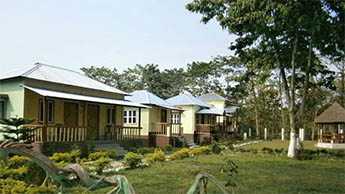
Located 125km from Jalpaiguri deep inside the Jaldapara National Park is a humble abode for the nature lovers, Hollong forest.
View Details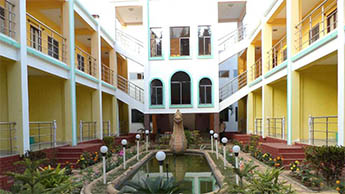
Located 123km from Jalpaiguri at an altitude of 188 ft in Coochbehar is Dinhata with a notable political history
View Details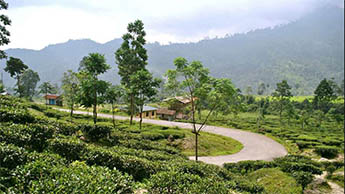
Barodabri is a quaint village located 3km from the Hasimara and is adjacent to Chilapata Forest. Barodabri is famous
View Details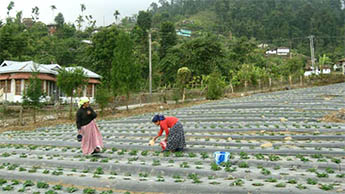
Located 60km from Jalpaiguri at the foothills of Eastern Himalayas is a place called Meteli, known for the lush tea garden Meteli
View Details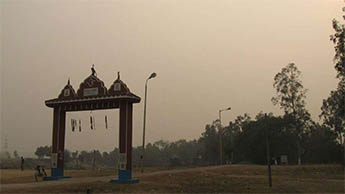
Located 65km from Jalpaiguri and 72km from Siliguri is a census town called Banarhat. Tea plantation has always been one
View Details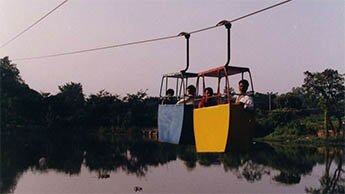
Birpara a small town located 90km from Jalpaiguri is a commercially significant destination. Back in the days
View Details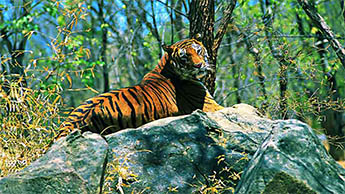
Located on the edge of Buxa Forest is a quaint forest village along the River Jayanti. Jayanti River forms a natural border with
View Details
Gorubathan is a small town in the Kalimpong Subdivision of Darjeeling District. The place is about 97 km From Kalimpong town and about 54km from Siliguri.
View Details